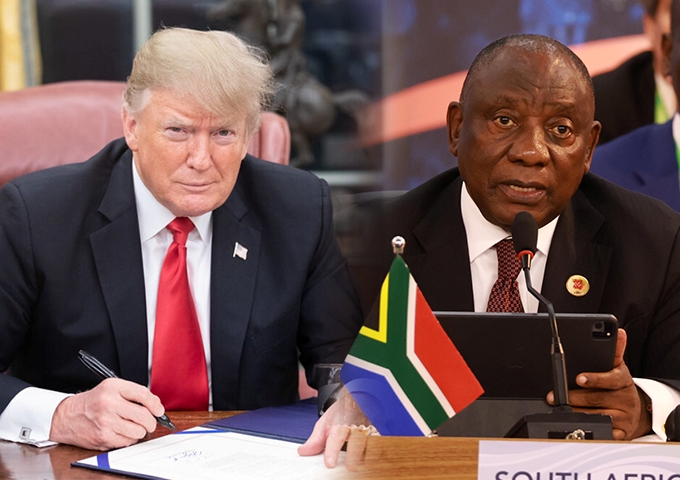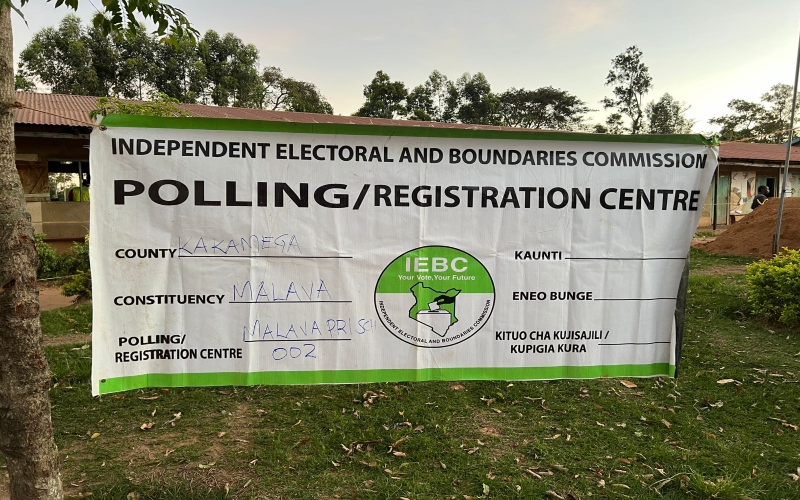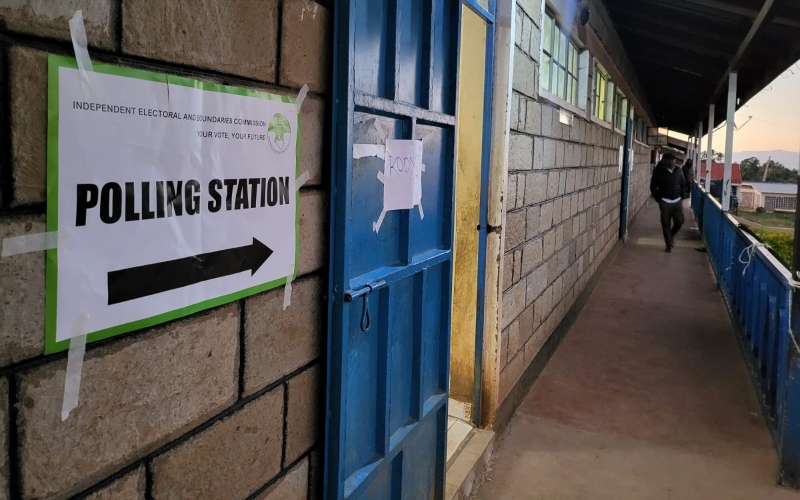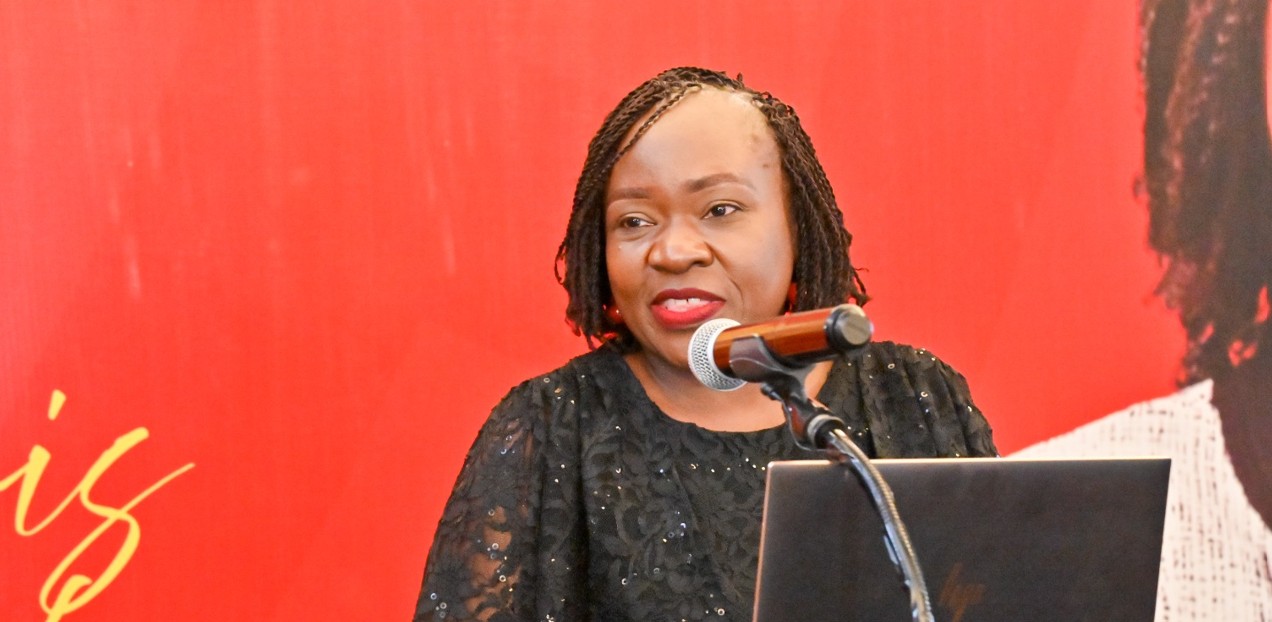MP Umulkher Harun raises alarm over budget cuts on crucial vaccines in new Finance Bill

The proposed budget cuts in the Finance Bill have raised concerns among healthcare providers and policymakers about the future of immunisation programs in the country.
Nominated Member of Parliament Umulkher Harun on Wednesday revealed challenges she faced in securing vaccines for her newborn.
Umulkher while speaking in Parliament shared her experience of visiting three private clinics before finally obtaining the vaccines for her three-month-old child.
The MP expressed concern about the situation, noting the difficulties that mothers in rural areas must be experiencing due to the shortage of vaccines in government hospitals.
"I took my child for vaccination last week and I had to visit three private hospitals before I got the vaccines. I could imagine what other mothers in rural and remote areas are facing," she said.
She highlighted her concerns about the proposed budget cuts to the immunisation program in the Finance Bill 2024. The Bill proposes reducing the budget for immunisation programs from Sh9.4 billion to Sh7.4 billion.
Additionally, the Linda Mama program, which supports maternal health, will also face budget cuts.
"I'm concerned about the budget cut of the immunisation program from Sh9.4 billion to Sh7.4 billion yet it is a crucial area. The 'Linda Mama' program is also facing budget cuts. Anything to do with health is so crucial it should not be touched," the MP stated.
Every child must have access to free vaccinations,the budgets must be reinstated to continue supporting free vaccinations for every child.
— Umulkher Harun (Umi) -MP (@missyHaroona) June 5, 2024
Linda Mama has helped mothers get pre and post natal care which has boosted skilled deliveries at our hospitals.
#YesYouthCan pic.twitter.com/h28oPIE2gg
Late last month, many hospitals ran out of vaccines, putting thousands of Kenyan children at risk. The few hospitals that still had vaccine stocks were selling them at high prices, with the BCG vaccine, which is typically free, costing around Sh20,000 in some private facilities.
The shortage is attributed to delays in payments and a reduction in the budget for procuring and distributing routine vaccines.
A letter from the Council of Governors to the Ministry of Health revealed that counties have been struggling with a reduced supply of six routine vaccines, endangering the health of hundreds of thousands of babies.
The most affected counties include Baringo, Elgeyo Marakwet, Nyamira, Kilifi, Siaya, and Migori.
The budget cut in the Ministry of Health, which received only Sh1.2 billion for vaccine procurement compared to the annual allocation of Sh2.6 billion, has exacerbated the situation.
This financial shortfall has led to unpaid bills under the co-funding model supported by donors, resulting in arrears amounting to Sh4.5 billion.
Harry Kimtai, Principal Secretary of the State Department for Medical Services, stated that the Ministry is implementing several strategies to address the shortage. These include tracking vaccine consumption, facilitating redistribution between counties to mitigate stock-outs, working closely with UNICEF to speed up the delivery of ordered vaccines, and allocating funds for urgent procurement.
Additionally, according to Kimtai, the Ministry is establishing mechanisms for transitioning from Gavi support and exploring sustainable financing options for vaccine procurement and program operations.
The proposed budget cuts in the Finance Bill have raised concerns among healthcare providers and policymakers about the future of immunisation programs in the country.
Top Stories Today













































